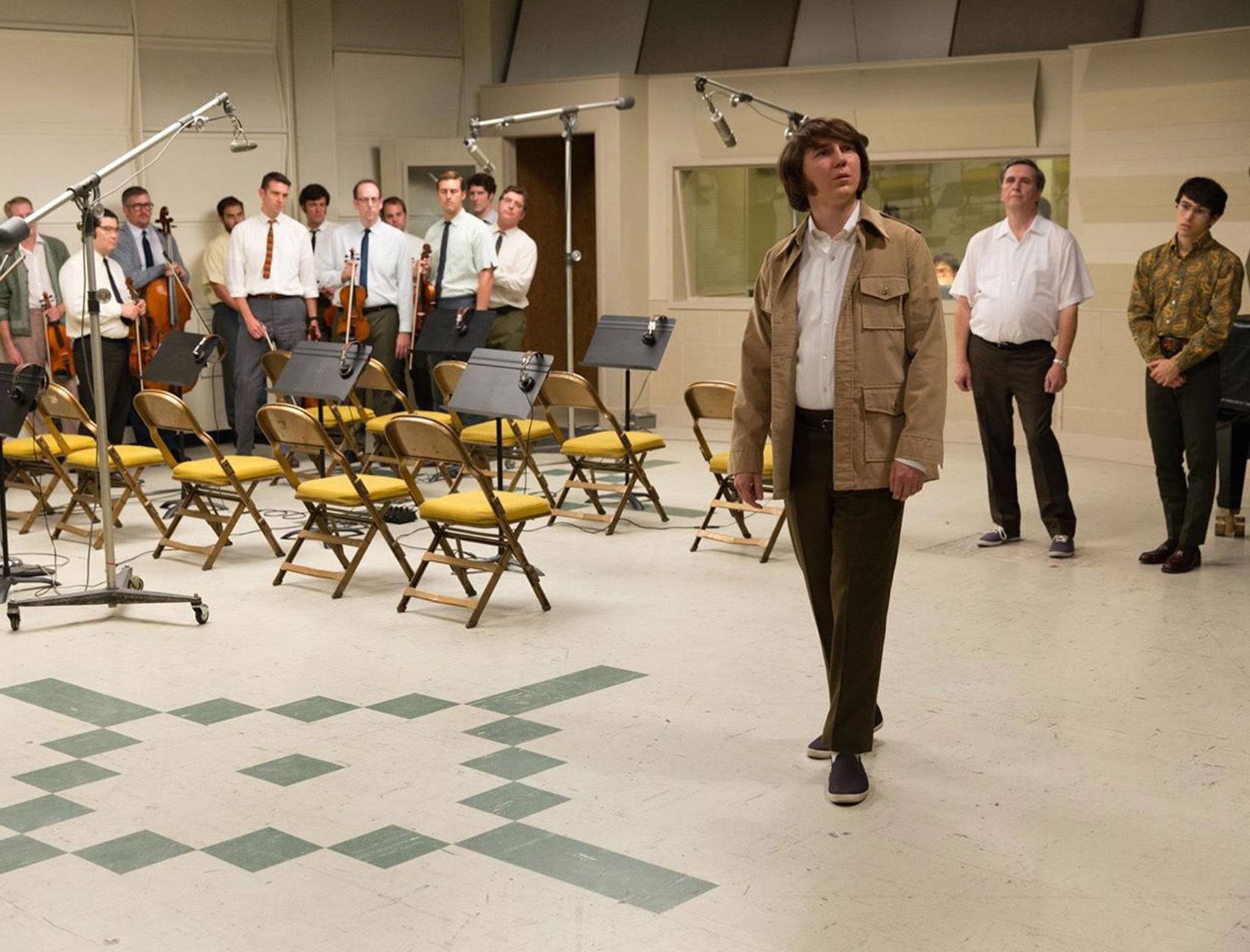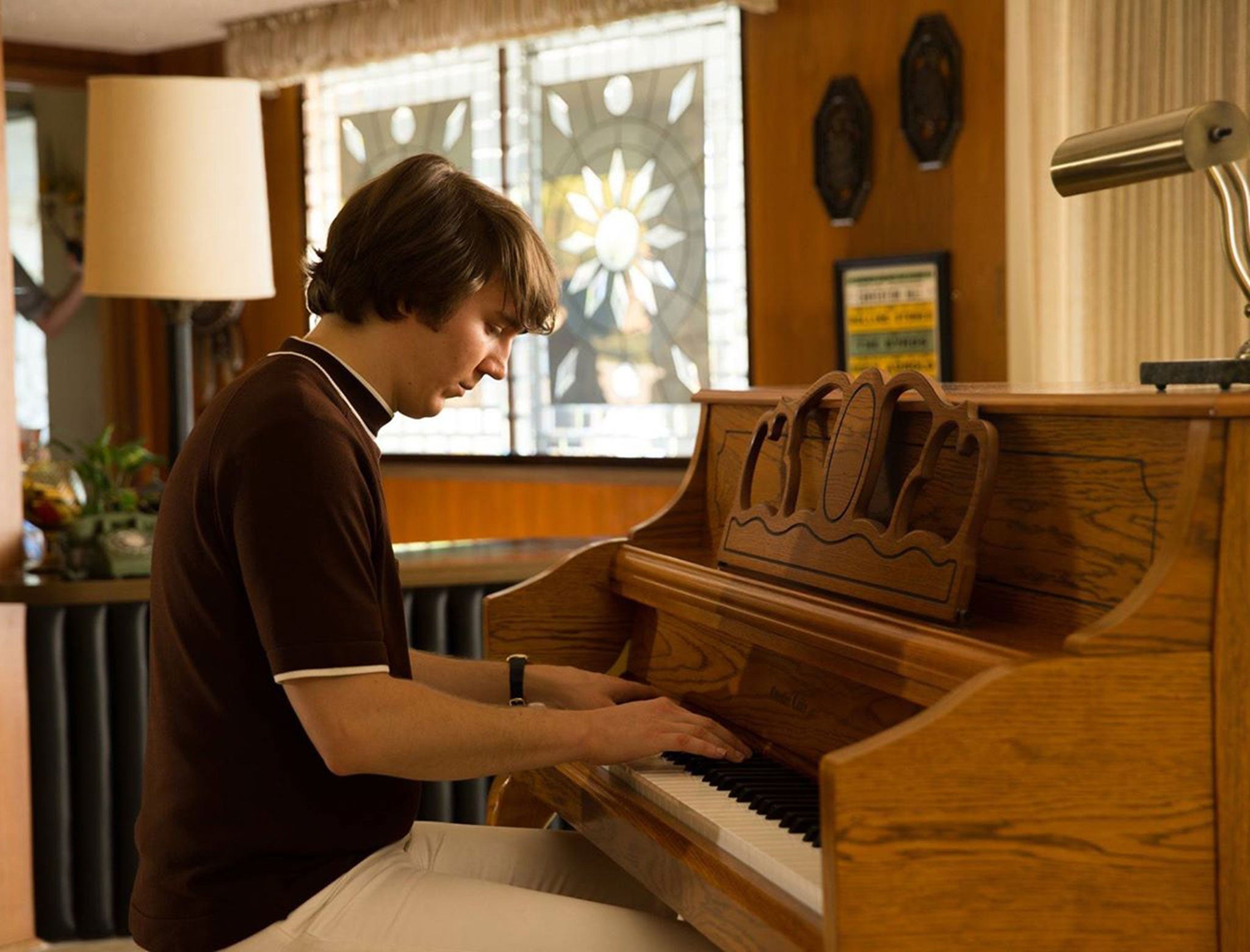What the world sounds like to a musical genius like David Bowie or Brian Wilson
A great musical memory has three key elements

We all hear music differently. Our brains have been crafted indelibly by our lifelong musical journey. What then must the world sound like to a musical genius?
Following the tragic loss of David Bowie we reflect on his contribution to music, his creative compositional flair that was far ahead of its time.
What Bowie had in common with all great musicians was an incredible musical memory. This ability helps to explain why these unique individuals hear the world in a different way and why they are driven to bring their inner musical world to life for our enjoyment.
A great musical memory has three key elements: it must be large, dynamic and vivid.
The large element is the back catalogue; the amount of music we have stored away over years of listening to or playing music.
We come to remember music through repeated exposure. We retain surprisingly little after a first hearing as our minds are fascinated by the complexity of novel musical sound. But repeated hearings foster an increasingly strong memory trace, so strong that our favourite music can come to be remembered pitch perfect.
In 2010 Professor Carol Krumhansl set out to answer the question of how large our musical memory can become. She conducted the ‘Plink Study’ where average listeners were played less than a second of recorded music and asked to name the title and artist. People could do this task with alarming accuracy, reflecting the fact that even the smallest fragment of music is enough to trigger the powerful musical memory store.
Based on her study, Krumhansl calculated the average number of tunes we all carry around. For the average listener this stretches into the 10,000s. For a performing musician this figure is likely to reach well over 100,000. For a genius, the sky is the limit.
Once you have a large musical memory you need to be able to use it. When we hear new music we subconsciously try to understand it by referring to our back catalogue. Sometimes this process leads us to think ‘I have heard this piece before’.
For a musical genius this referencing process is more dynamic thanks to practise. They respond faster to important markers in music such as symbolic replications. This is reflected in their different brain responses during music memory tasks. The musical memory of a genius is a tool that we all have, but one that has been honed to perfection.
Enjoy unlimited access to 100 million ad-free songs and podcasts with Amazon Music
Sign up now for a 30-day free trial. Terms apply.
ADVERTISEMENT. If you sign up to this service we will earn commission. This revenue helps to fund journalism across The Independent.
Enjoy unlimited access to 100 million ad-free songs and podcasts with Amazon Music
Sign up now for a 30-day free trial. Terms apply.
ADVERTISEMENT. If you sign up to this service we will earn commission. This revenue helps to fund journalism across The Independent.
The final piece of the puzzle is to understand what it feels like when a large and dynamic musical memory is active. The biopic Love and Mercy explores another musical genius, Brian Wilson. There are two quotes that speak to how Wilson experiences his musical memories:
1) His bass player, upon receiving her score, asks why the orchestra are playing in two different keys and suggests it probably won’t work. Wilson says simply: "It works in my head"

2) Wilson describes his experience of a panic attack during a flight and tells his brothers that in his mind, before he heard the threatening voices: "There was music, like always"

These two quotes cover Wilson’s voluntary and involuntary musical imagery. Musical imagery is the window into our musical memory, the place where active musical memories are played out for you in your mind’s ear.
In the Love & Mercy recording studio scenes Wilson mixes instruments, hair pins, fire alarms, and even barking dogs, honing and perfecting the sound so it matches that which he has created in his mind’s ear.
My academic research into musical imagery has focused more on the involuntary side of imagery. The earworm. The tune that gets stuck in the head. Over 90 per cent of people experience an earworm at least once a week and Wilson is no different. He sits at his piano that is partly buried in a sand pit and tells Mike Love that he has a tune stuck in his head. He plays what will become a core melody for the creative and spectacular "Good Vibrations".
What makes Wilson different from most of us is that he is able to harness his tools, his musical memory, to build on his vivid earworm snippet. To make it something great.
Musical mental imagery skill, like the memory system on which is relies, varies widely across individuals as an innate ability first that can then be improved by musical exposure. However, as with any memory system, practice is key. You don’t get the best tools by just listening to music, you have to be a responsive and active trainer who works with the system on a regular basis. My research suggests that people who experience a lot of earworms do not have better musical imagery skills. Musicians certainly do.
The positive side to the power of musical memory lies in its promise. Our back catalogue, built over a lifetime without ever really trying, has changed the way each of us hears the world forever. It is also the base upon which we can all build a powerful memory system at any age. Yes it takes effort but the rewards can be great. We may not all have the capability to reach the heights of Bowie and Wilson but in our ageing culture, faced with the increasing prevalence of dementia and other memory related conditions, a powerful musical memory is a tool that could one day provide many of us with a vital wellbeing boost.
Victoria Williamson is a research Fellow on the subject of music and memory at the University of Sheffield. Love & Mercy starring Paul Dano and John Cusack is out now on Blu-ray and DVD
Join our commenting forum
Join thought-provoking conversations, follow other Independent readers and see their replies
Comments
Bookmark popover
Removed from bookmarks